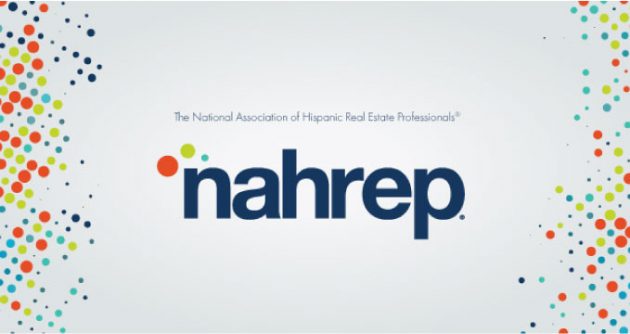Latonia Donaldson Appointed Chairperson of NAHREP® Corporate Board of Governors
SAN DIEGO, CA—May 1, 2023—The National Association of Hispanic Real Estate Professionals® (NAHREP) announced today that Latonia Donaldson, Senior Vice President and National Director of Multicultural Community Lending at PrimeLending, A PlainsCapital Company, will chair the organization’s 2023 Corporate Board of Governors.








